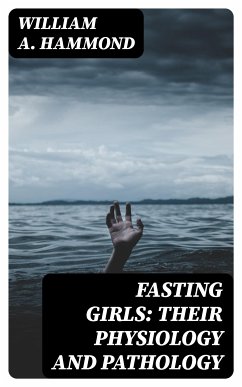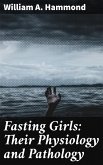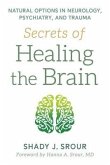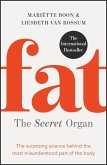In "Fasting Girls: Their Physiology and Pathology," William A. Hammond meticulously explores the complex interplay between fasting, health, and society through a lens of medical analysis and historical context. Hammond delves into the physiological and psychological impacts of prolonged fasting, drawing upon case studies and anecdotal evidence to illustrate its effects on women, particularly during the Victorian era-a time marked by cultural fascination and concern over female health. Written in a clear yet scholarly tone, the text bridges medical science with sociocultural commentary, providing insights into the intersection of gender, morality, and health practices. Hammond, a prominent neurologist of the late 19th century, was influenced by the prevailing medical thoughts of his time, including the burgeoning interest in psychosomatic disorders. His extensive background in medicine, together with a keen awareness of the societal expectations placed on women, drove his exploration of how fasting became a site of both personal autonomy and societal control. His work reflects a deep concern for women's health and the stigmas associated with their bodily choices, making his insights both relevant and provocative. "Fasting Girls" is an essential read for anyone interested in gender studies, medical history, or the interplay of science and culture. Hammond's rigorous analysis invites readers to reconsider the narratives surrounding female fasting and its implications, making it a valuable addition to both academic libraries and personal collections.
Dieser Download kann aus rechtlichen Gründen nur mit Rechnungsadresse in A, B, BG, CY, CZ, D, DK, EW, E, FIN, F, GR, H, IRL, I, LT, L, LR, M, NL, PL, P, R, S, SLO, SK ausgeliefert werden.









